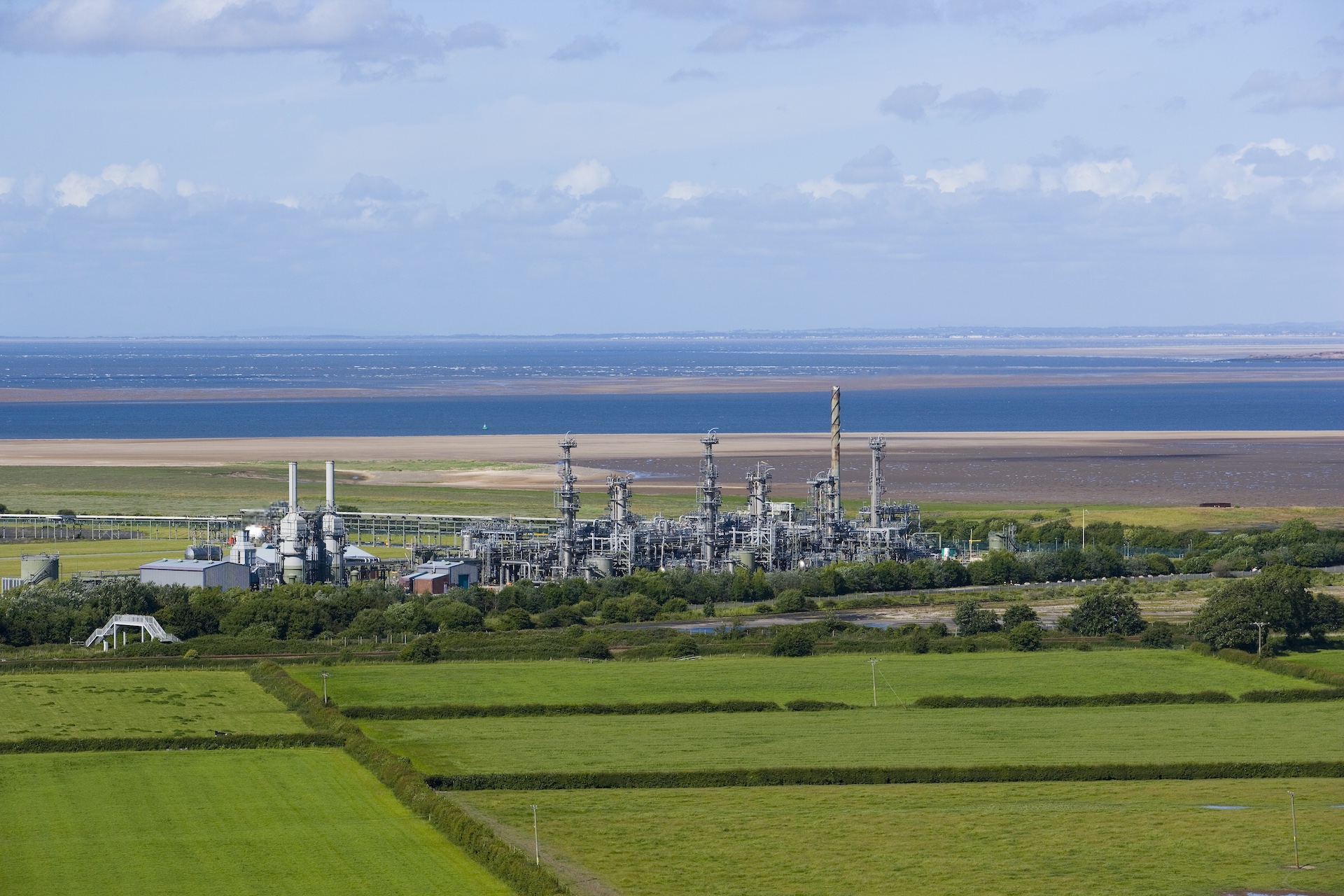ADVOCACY: Eni – Securing energy for a sustainable transition
Carbon capture and storage could represent a key solution to decarbonising industrial processes
About 18 months ago, the outbreak of the war in Ukraine forced Eni, almost overnight, to find alternative sources to Russian gas, in order to provide energy to our customers in Italy and Europe.
I started to travel and visit our long-term partners, mainly in Africa, to negotiate additional gas volumes and new commitments to increasing production in their countries, in order to meet a gas demand that was still quite inelastic; indeed, consumption remained resilient, even when prices skyrocketed.
Suddenly, one of the pillars of the energy trilemma, energy security, had taken centre stage and threatened to overshadow the other two goals, affordability and environmental sustainability. The immediate ‘now’ had suddenly overtaken the future.
No time to delay
This was the demonstration of the importance of advancing all three priorities at the same speed, to ensure an effective transition and avoid undesirable consequences. Therefore, today we have to guarantee ready and reliable availability of energy, which is the way to keep affordable prices and preserve the competitiveness of our economic system. At the same time, we all also know that the global energy transition cannot be delayed further. To many, we appear to be facing an almost irresoluble conflict between the need to wean ourselves off a dependence on traditional energy sources and the need to achieve the objectives of the 2030 Agenda.
All major energy transitions depend to a large extent on new and effective technologies. We must manage the transition by aggressively decarbonising, using all the solutions that are right now available while continuing to invest in research and development of new ones.
In particular, one of the main reasons for the enduring level of gas demand are the needs of the so-called hard to abate heavy industries, mainly chemicals, steel and cement, which together count for approximately the same amount of emissions as all global road transport. These industries require gas either as a feedstock or energy source or both, and at the moment there are no mature and economically viable alternatives to substitute natural gas in their processes.
Thus, it is necessary to continue to supply gas while at the same time decarbonising industrial processes. We strongly believe that carbon capture and storage could represent a key solution and this is the reason why Eni plans to progressively grow its CCS activities. In the UK, for instance, Eni is the operator for the transport and storage activities in the Hynet North West CCS project, which will sequester and store CO2 emissions from one of the most important industrial clusters in the country. In Italy, in Ravenna, we are launching another CCS project which will contribute to the decarbonisation of both Italian and international industrial sites in the Mediterranean area.
Recognising the crucial role of natural gas as a bridge source for the transition and then the need for securing reliable gas supplies, we have also pledged to substantially reduce methane emissions: we support the Global Methane Pledge; with the Oil and Gas Climate Initiative, we launched the Aiming for Zero Methane Emission Initiative; and we constantly implement technologies and monitoring campaigns.
Research and development are key when it comes to technology. Over the past nine years, Eni has increased those involved in new technology R&D from 150 to over 1,500 and we are investing substantially in developing fusion energy, a breakthrough which could potentially reproduce on Earth the energy of the Sun to create virtually unlimited, clean and safe energy.
Many angles
There is no single silver bullet solution to a global challenge that needs to be addressed from different angles and taking into consideration the specific socio-economic priorities of each country. Still today, hundreds of millions of people have no access to electricity, mainly in sub-Saharan Africa and India, while in other parts of the world the waste heat from air conditioners contributes to raise global temperatures.
The theme of this G20 in Delhi is One Earth, One Family, One Future. These words imply the need for mutually beneficial relationships and cooperation for common goals, a principle that has guided Eni since its foundation in the early 1950s. So, when the need to rapidly find alternative sources of gas arose, I met our partners not simply to ask for more gas, but rather to pledge more investments in developing their resources and eventually to share in the fruits of collaboration. This was possible because, over the years, we have built solid cooperation and trust, taking risks together with them and creating mutually beneficial outcomes and local development for the communities of the countries where we operate.
The energy trilemma is essentially about 360° sustainability: sustainable continuity of supply through geographic diversification; environmental sustainability offering progressively decarbonised products and services, including, among others, biofuels, renewables wind and solar, low carbon gas; social sustainability – working to expand access to energy and working with the communities to preserve their environments, improve farming methods and increase access to education and training, among other social objectives.
A decarbonised world
We can, and I’m confident we will be able to, make the transition to a decarbonised world, protecting the environment and increasing the efficiency of energy use. However, along the transition path we cannot leave anyone behind: we must avoid the creation of a trade-off between slashing emissions and progressing economic well-being; we need to pursue an inclusive transformation that leverages core values such as sustainability and equity while maintaining healthy economies and fostering growth and development. It is an unprecedented challenge that requires solid cooperation among all the actors involved – business, government, international institutions and civil society. In this, our role as energy companies is crucial, as it is our commercial focus to develop new, safe and secure decarbonised energies, quickly and at the lowest prices.












